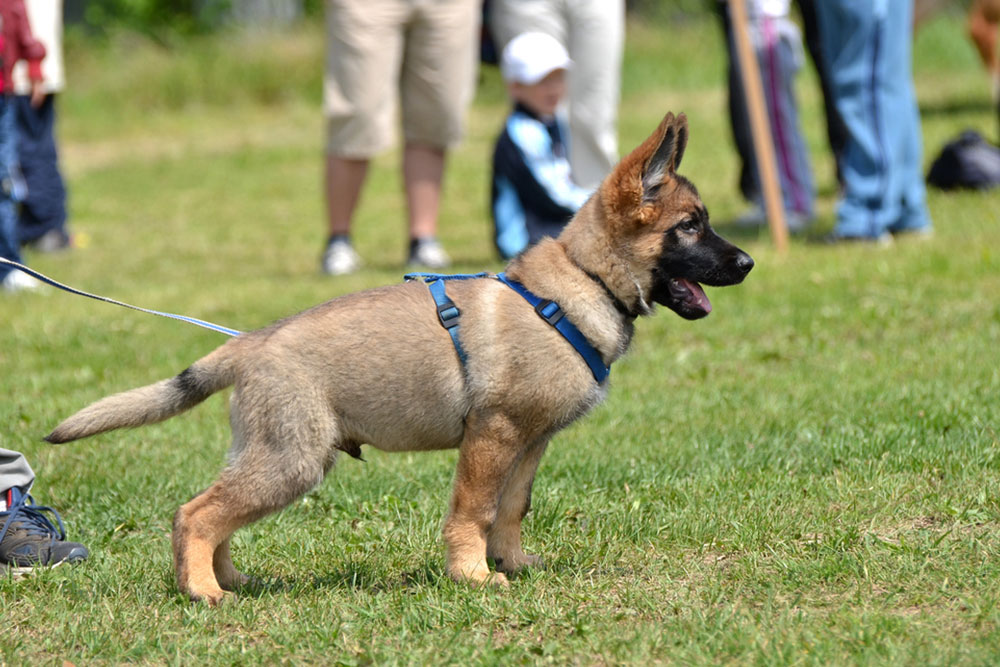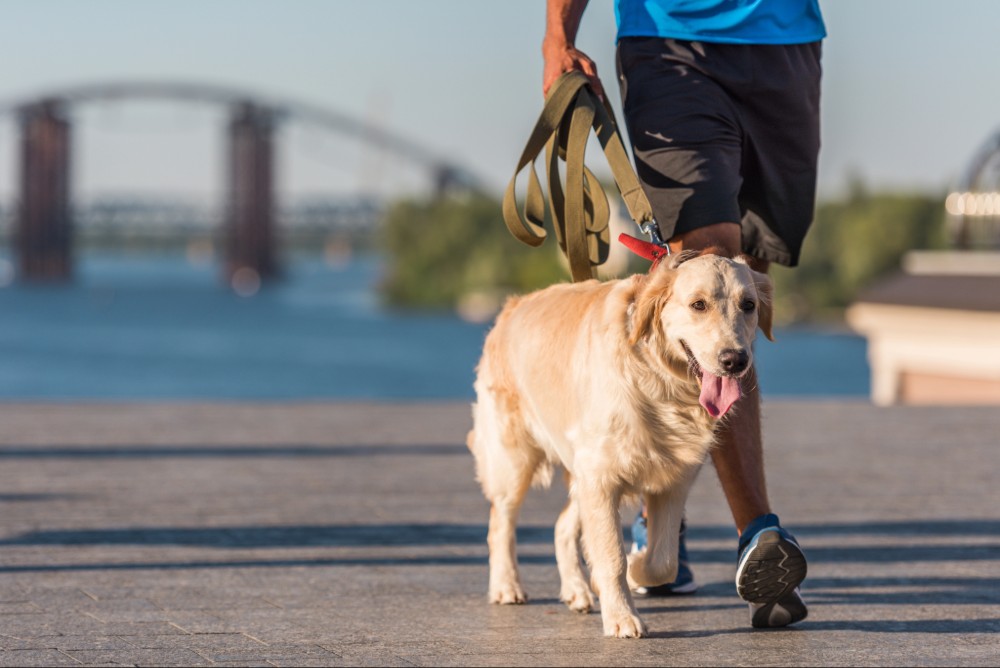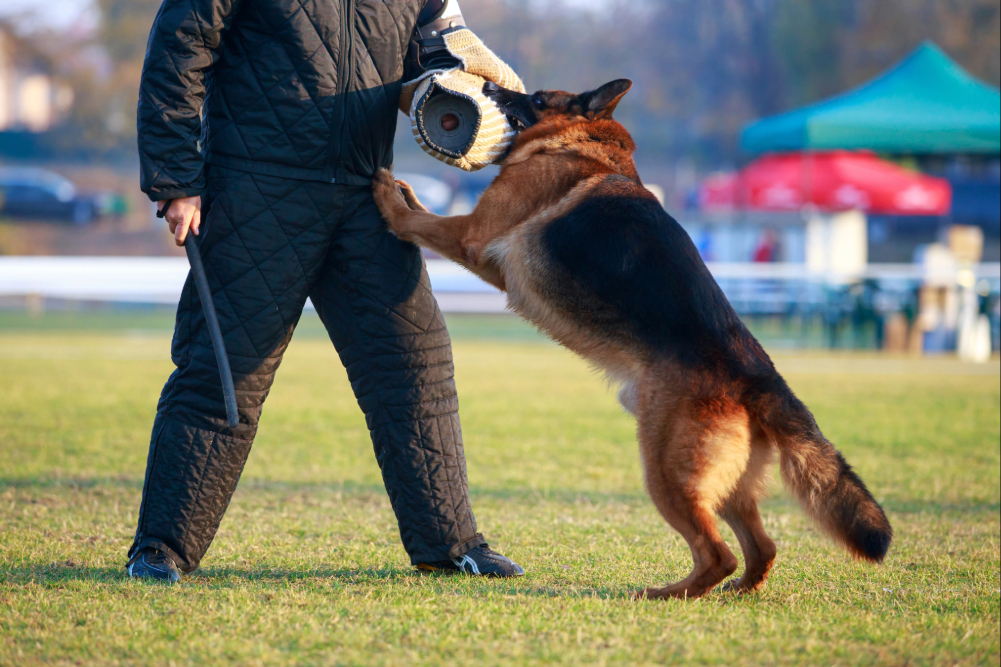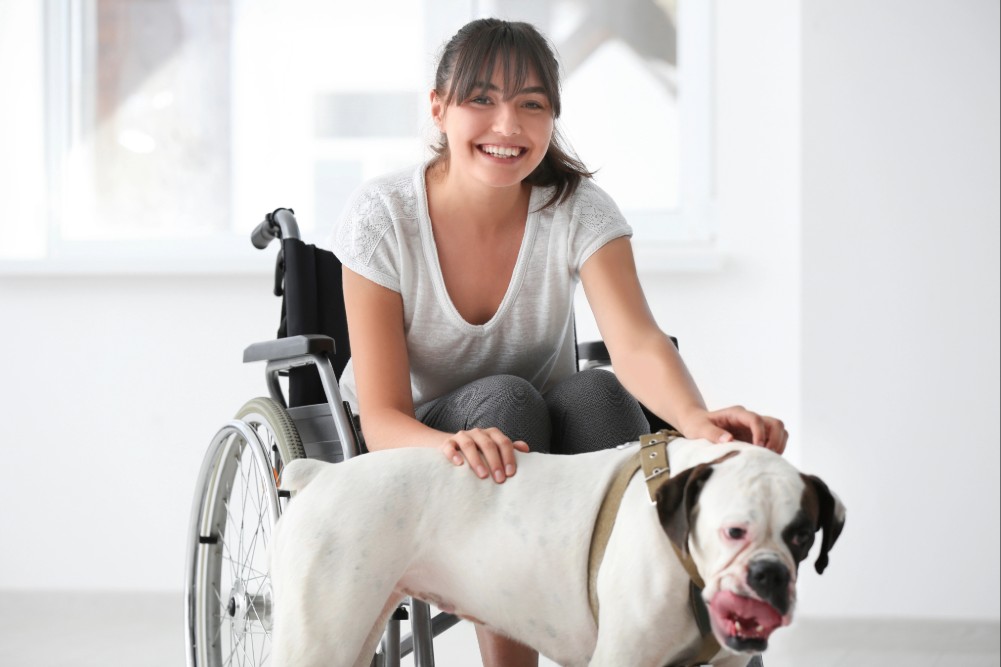
Training is an essential aspect of a puppy’s development, setting the foundation for a well-behaved adult dog. Many pet owners wonder about the best age to board and train a puppy to ensure optimal results. This blog explores the best age for puppy board and train programs, why these programs are effective, and what to consider when starting board and train dog training for your furry friend.
How Age Influences Puppy Training Success
Puppies go through distinct developmental stages, and each stage impacts how they learn and respond to training. Early socialization and training are vital to helping puppies adjust to their environment and develop good habits. Starting too late can make it harder to correct behavioral issues, while starting too early may overwhelm the puppy.
From birth to about 3 weeks, puppies are in the neonatal stage, primarily relying on their mother for care and learning basic survival skills. The transitional stage, which occurs from 3 to 4 weeks, introduces them to the world around them as their senses begin to develop.
By the time they enter the critical socialization period (3 to 14 weeks), they are ready to start learning foundational behaviors that will shape their personality and interactions.
Understanding these stages allows trainers to tailor the program to your puppy's developmental needs. For example, during the critical socialization period, puppies are most receptive to new experiences, making it the ideal time to introduce them to various stimuli like people, other dogs, and new environments. Proper exposure during this time reduces the likelihood of fear-based reactions and promotes well-rounded behavior.
If training begins too late, puppies may enter adolescence without essential skills, making it more challenging to address issues such as aggression, anxiety, or reactivity. Conversely, starting too early, before puppies are ready to engage, may lead to stress and hinder their ability to retain lessons. Striking the right balance ensures that your puppy receives the appropriate training at the optimal developmental stage.
By aligning training with their developmental milestones, board and train programs can maximize your puppy's potential. These programs provide a structured environment that respects their natural growth process while laying the groundwork for a lifetime of positive behavior.
The Best Age to Start Training
The ideal time to enroll your puppy in a puppy board and train program is typically between 12 to 16 weeks of age. At this stage, puppies have completed their initial vaccinations and are ready for more structured learning. They are still within their socialization window but old enough to handle the training environment.
During this period, puppies are highly impressionable, making it an opportune time to shape positive behaviors. Their brains are like sponges, eager to absorb new commands and experiences. Introducing them to professional training during this phase helps prevent the development of bad habits and ensures a smoother transition into adulthood.
Board and train programs during this age range focus on foundational skills, such as leash walking, housebreaking, and basic commands. These skills are essential for both the puppy’s safety and their ability to integrate well into their family’s routine. Early training also helps puppies build a sense of security and trust, which can improve their overall well-being.
Puppies at this age are naturally curious, making them eager to learn and adapt. Their curiosity can be harnessed to introduce new environments, commands, and social settings, which are all integral parts of a comprehensive training program. Starting at the right time ensures they build confidence while avoiding potential behavioral problems down the line.
Key Advantages of Board and Train Programs for Puppies
Board and train dog training offers numerous benefits, particularly for young puppies. These programs provide a structured environment where professional trainers can address specific needs and teach essential skills. The consistency of training schedules and techniques allows puppies to progress quickly without confusion.
In a board and train setting, puppies are exposed to a wide variety of social situations, from interacting with other dogs to meeting new people. These experiences are crucial for teaching them how to behave in different scenarios. The controlled exposure ensures that puppies develop positive associations with new environments, reducing the risk of fear or anxiety later.
Additionally, board and train programs help instill good manners early, reducing the likelihood of issues like excessive barking, chewing, or jumping. These programs reinforce positive behavior with consistent feedback, ensuring puppies understand and retain what they learn. This foundation not only benefits the puppy but also makes life easier for their owners.
With focused attention and expert guidance, puppies quickly learn appropriate behaviors that carry into adulthood. Trainers can address problem areas, such as separation anxiety or leash reactivity, in ways that are harder to replicate at home. The result is a well-rounded puppy who is ready to thrive in their new family dynamic.
The controlled setting also allows trainers to address challenges that may be harder to manage at home. For instance, puppies who struggle with housebreaking or impulse control can benefit from the one-on-one attention they receive in a board and train program. The focused environment ensures that bad habits are corrected before they become ingrained.
By enrolling your puppy in a board and train program early, you are setting them up for a lifetime of success. This type of training not only provides immediate benefits but also lays the groundwork for advanced skills in the future. It’s an investment in your puppy’s happiness, safety, and ability to adapt to any situation.
Early Training: Building Good Habits
Starting training early allows puppies to form positive habits that are easier to reinforce over time. Teaching skills like sit, stay, and come becomes simpler when puppies are still in their learning prime. Early training also fosters trust and a strong bond between the puppy and their owner.
A trained puppy is less likely to develop destructive habits, such as chewing furniture or ignoring commands. Instead, they learn to associate good behavior with positive outcomes. This early foundation sets the stage for advanced training later in life, ensuring a well-mannered companion.
Training Challenges for Older Puppies
While training can be effective at any age, starting later can present unique challenges. Older puppies may have already developed unwanted habits, such as pulling on the leash or ignoring commands. Correcting these behaviors often takes more time and effort compared to starting earlier.
Another challenge with older puppies is their reduced receptiveness to new experiences. Puppies between 4 and 6 months may begin to assert their independence, making them more resistant to training. While it’s never too late to enroll in board and train dog training, starting younger often leads to faster and more lasting results.
Tailoring Training to Your Puppy’s Needs
Every puppy is unique, and their training program should reflect their individual personality, breed, and energy level. A board and training program customized to your puppy’s specific needs ensures they get the most out of their experience. Whether your puppy is shy, energetic, or somewhere in between, personalized training delivers the best results.
Breed-specific traits play an important role in determining training approaches. For instance, working breeds often require intensive mental and physical stimulation to stay engaged and focused during training. Customized training programs will be able to address these unique needs, ensuring your puppy thrives and achieves its full potential through a balanced and effective approach.
Preparing Your Puppy for a Board and Train Program
Make sure your puppy is ready for the experience before enrolling in a puppy board and train program. This includes ensuring they are up-to-date on vaccinations and comfortable with basic handling. Familiarizing your puppy with a crate and short separations can also ease their transition into the program.
Communicating your puppy’s needs, personality, and any existing behavioral concerns to the trainer is essential. This information helps trainers design a program that targets specific areas of improvement. Preparing ahead of time ensures a smoother adjustment period for your puppy and sets them up for success.
Signs Your Puppy Is Ready for Board and Train
Certain behaviors indicate that your puppy is ready for a board and train dog training program. For instance, if they display curiosity, a willingness to learn, and minimal fear of new environments, they may benefit from structured training. Puppies that have already started basic commands at home are often more prepared for advanced learning.
Conversely, if your puppy is exhibiting stubbornness, anxiety, or excessive energy, a board and train program can help address these issues. Trainers can work on specific problem areas while reinforcing foundational skills. Recognizing your puppy’s readiness ensures you choose the best timing for their development.
Give Your Puppy the Best Start
Choosing the best age to board and train a puppy is an important step in their training journey. Starting at the right time, with a program tailored to their unique needs, sets your puppy up for lifelong success. Whether you're addressing problem behaviors or building basic skills, early training makes all the difference.
At Controlled K9, we specialize in customized board and training dog programs that cater to your puppy’s individual needs. Our expert trainers are dedicated to providing a supportive and structured environment for your furry friend. Schedule an appointment today to learn how we can help your puppy become a well-behaved and confident companion.




Comments